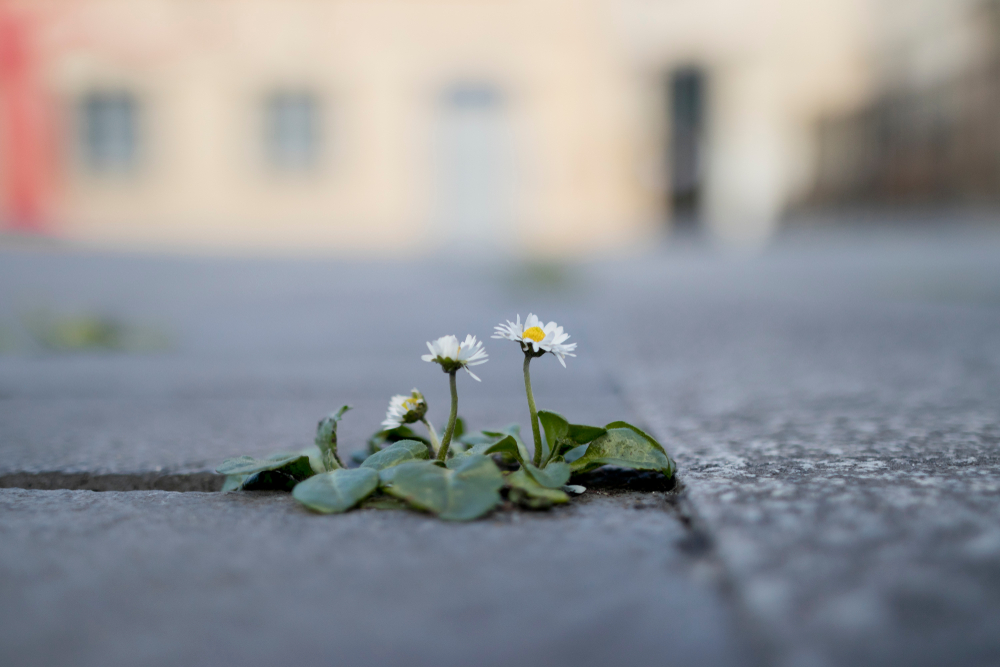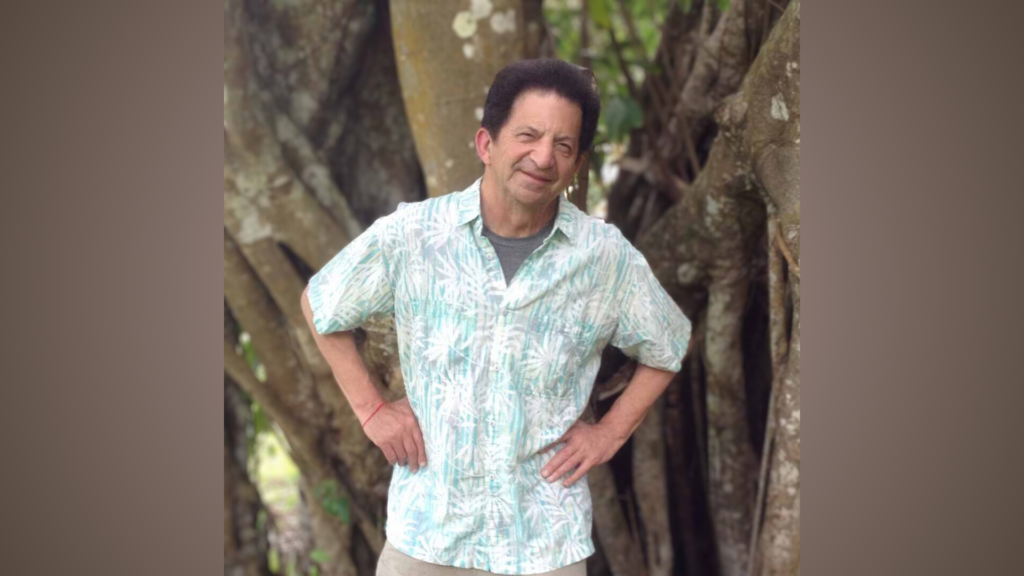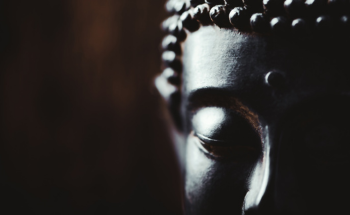We all face praise and blame, joy and sorrow, gain and loss. To have compassion for your human vulnerability is a blessed, tender practice. Poet Alison Luterman calls her life a “wonderful failure.”
When astronauts return to Earth they are so grateful just to breathe the fresh air, to walk on the ground, to celebrate being home. This earth, this history, this body are yours. Feel the joy and sorrow that make up your incarnation. Yes, you want to protect yourself, but remember, your sorrow will teach you compassion. Your vulnerability will bring tenderness, and the renewal of each day will bring you joy. Appreciation of your wonderful, messy failures will bring you peace.
Get comfortable in your own skin. Practice compassion for yourself. Care for the garden you have been given, accept it, tend it with love. Zen Master Suzuki Roshi summed it up, “You are perfect just the way you are. And there is still room for improvement.” Love yourself. This is the essence. Then take your very human imperfections and make beauty anyway.
Itzhak Perlman, one of the world’s greatest violinists, demonstrates this. Perlman was stricken with polio as a child; he has braces on both his legs and walks with two crutches. He crosses the stage slowly, yet majestically, until he reaches his chair. Then he sits down, lowers his crutches to the floor, undoes the clasps on his legs, bends down and picks up the violin, puts it under his chin, nods to the conductor, and proceeds to play.
But one time at a concert at Avery Fisher Hall at Lincoln Center in New York City, something went wrong. In the middle of the concert, one of the strings on his violin broke. You could hear it snap—it went off like a gunshot. There was no mistaking what that sound meant: he would not be able to play the piece as it was written on his violin. People who were there wondered whether he’d have to put on the braces and go back stage—to find another violin or another string. But he didn’t. Instead, he waited a moment, closed his eyes, and then signaled the conductor to begin again. The orchestra began, and Perlman played on only three strings, modulating, the piece in his head and adapting it to use the strings with passion, steadiness, and remarkable purity.
When he finished, an awed silence filled the room. Then people stood and an applause rose from every corner of the auditorium, bravos and cheering. Perlman smiled, wiped the sweat from his brow, raised his bow to quiet the audience, and then he said—not boastfully, but in a quiet, pensive, reverent tone—“You know, sometimes it is your task in life to find out how much music you can still make with what you have left.”
This excerpt is taken from No Time Like the Present: Finding Freedom, Love, and Joy Right Where You Are





